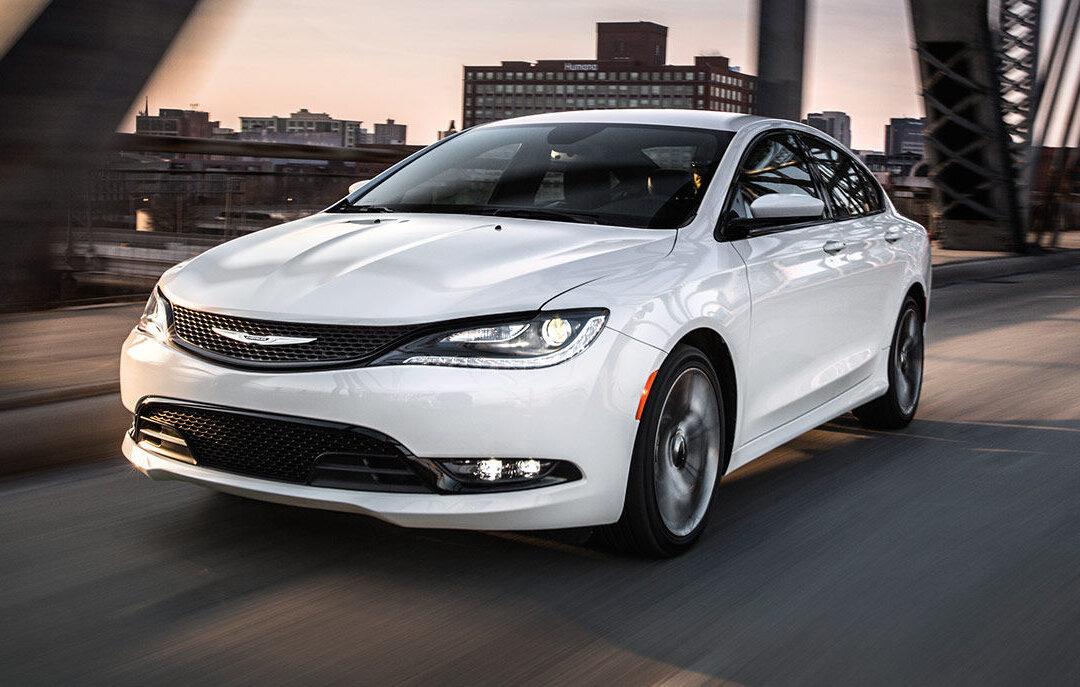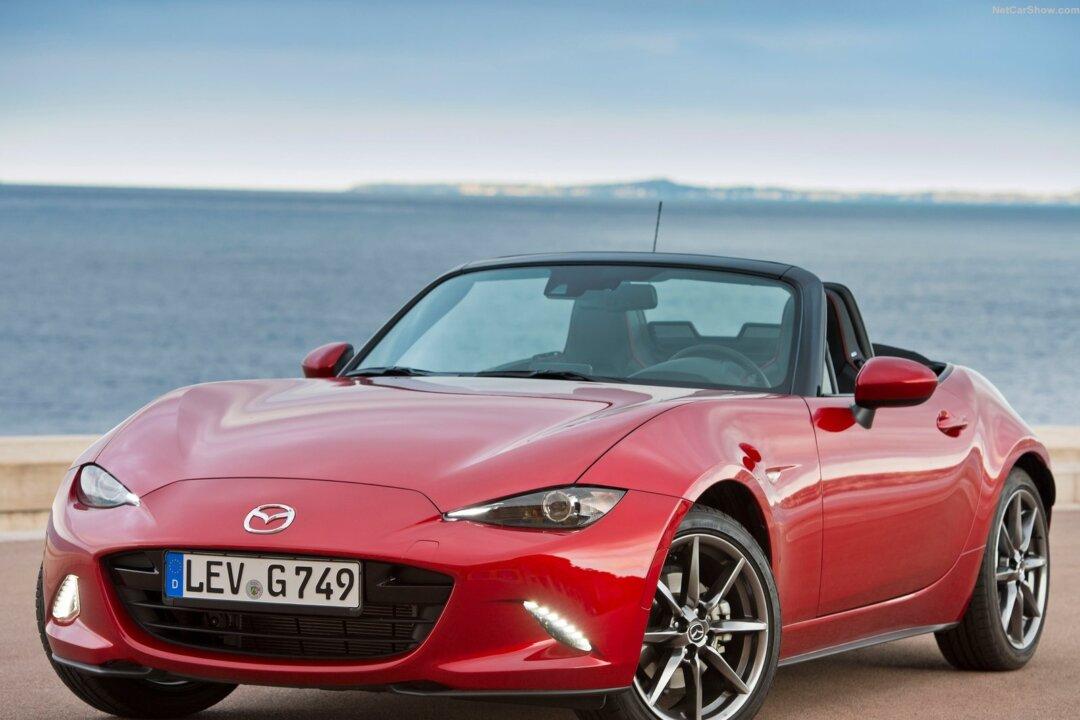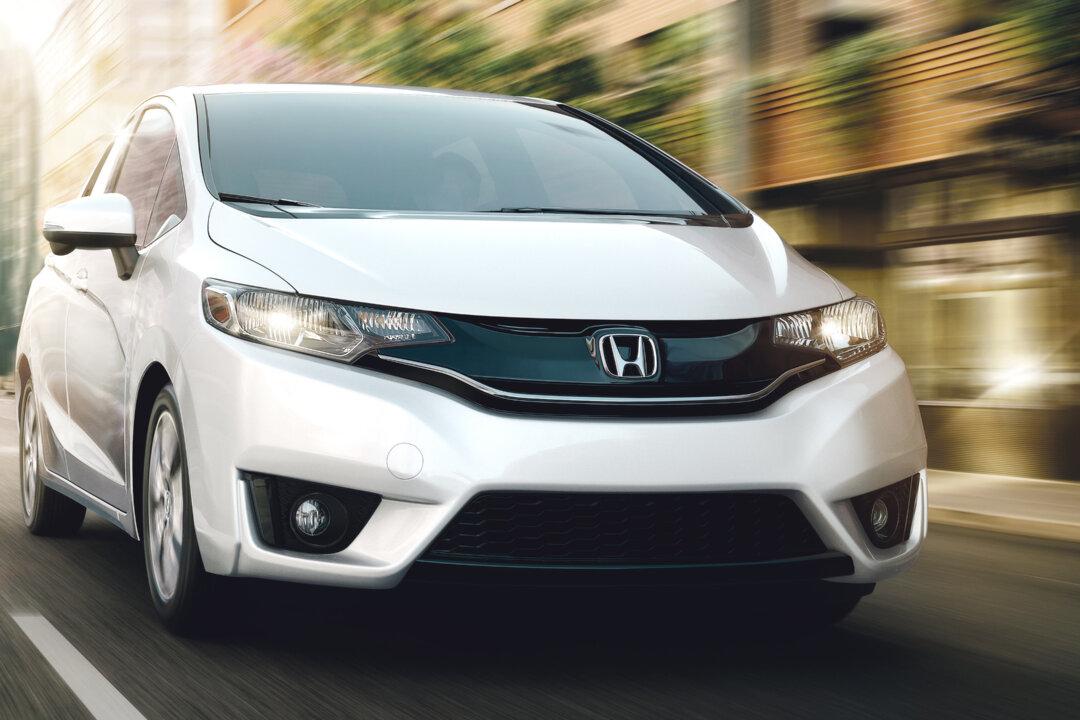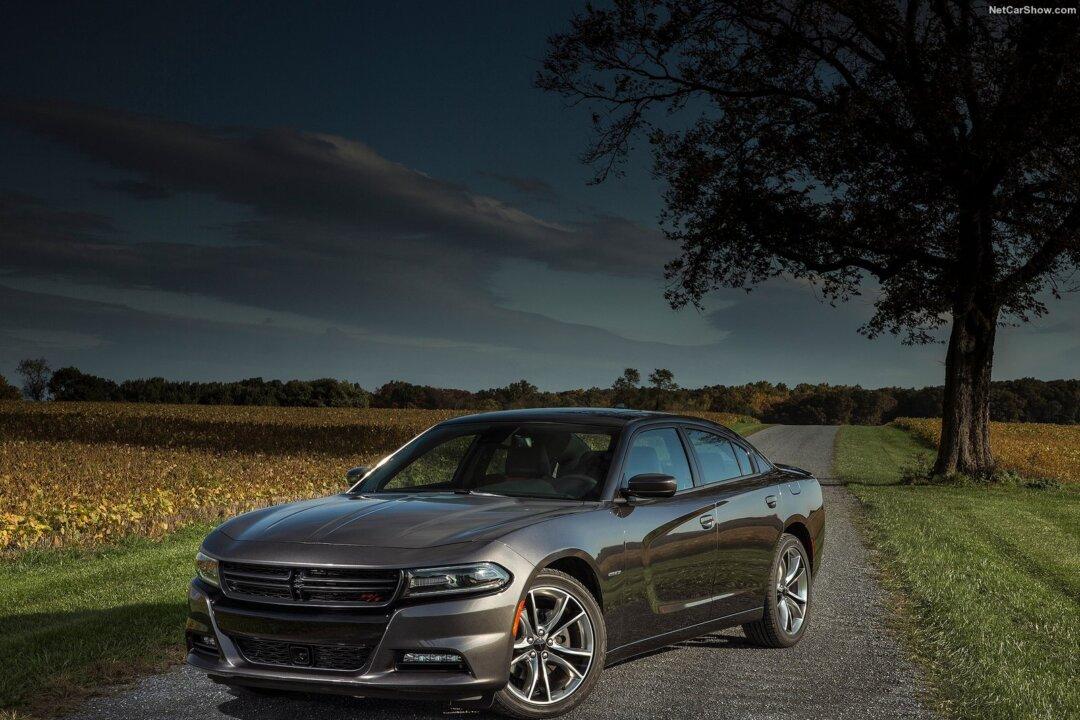BMW’s revolutionary i3 looks like it rolled out of a futuristic sci-fi flick like Demolition Man or Back to the Future. While it still needs roads, the sucker’s electric. Mostly, until it kinda isn’t. Confused? Yeah, well, let me explain.
The i3 is first and foremost an electric car, ideal for cities with well-developed charging infrastructure— available in all-electric and the range-extended version with a backup gas engine. I drove the all-electric version in L.A. last spring, letting it wash over with waves of instant torque that gives you happy-happy joy-joy feelings. The extended-range version goes further.
Plug it in for four hours (240 V) and the Lithium-Ion batteries return 72 miles of range (80-100 miles for all-electric versions) and direct the electric motors to deliver 170 hp and 184 lb-ft of torque to the rear wheels. After that, the 0.65 L 2-cylinder engine fires up for an additional 50 miles or so—enough to get you to a charging station, but not necessarily cross-country.
EPA figures grant the i3 117 mpg-e in electric mode and 39 mpg burning gas.
I’ve had range anxiety while driving electric cars, but never with the gas engine running. Trips beyond plugs should be well planned. Check the look on the gas station attendant’s face when you fill up with a whopping 1.5 gallons. Yep, that’s about what it takes. After a few hours on the Interstate, my wallet looked like Sgt. John Spartan’s cuss box.
But, it’s not just that. Roll onto the freeway at full tilt and you‘ll whoosh up to speed, but deplete the batteries quickly, leaving the 2-cylinder engine keeping pace. After setting the adaptive cruise at 70 mph, the i3 cruised at more like 65 mph. Just stay in town and you’ll love it.




